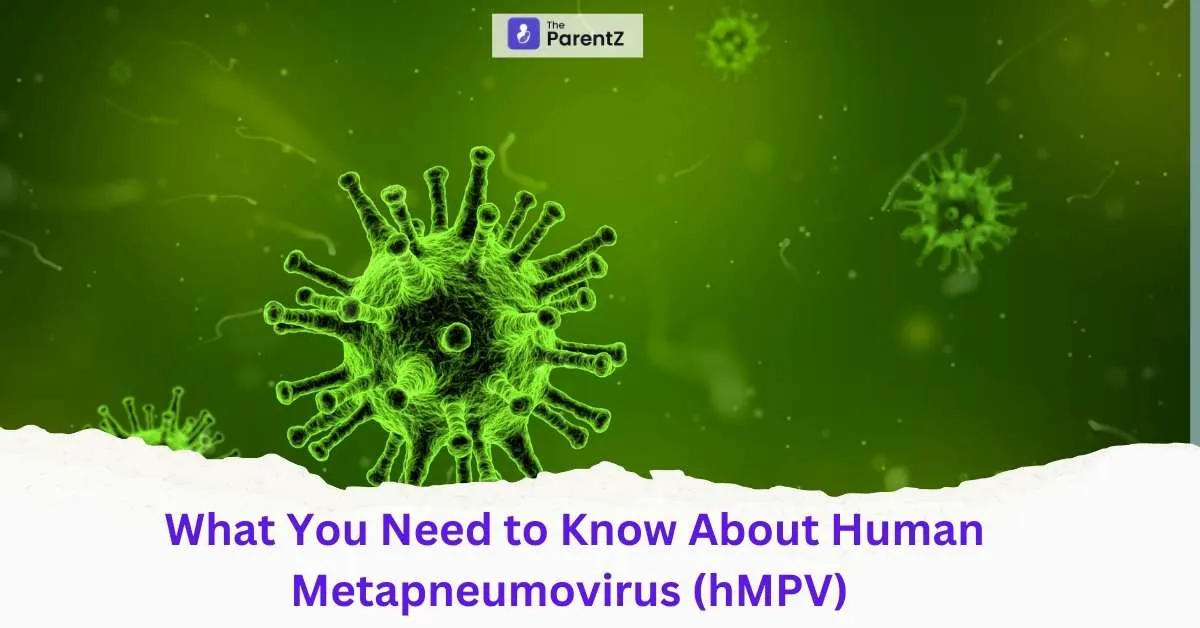When it comes to respiratory illnesses, you may already be familiar with common culprits like the flu or the common cold. But have you heard of human metapneumovirus, or hMPV? This lesser-known virus is more common than you might think and can affect people of all ages, especially during certain times of the year. Here’s everything you need to know about hMPV, how it spreads, and what you can do to protect yourself and your loved ones.
What Is Human Metapneumovirus?
Human metapneumovirus (hMPV) is a respiratory virus that belongs to the same family as the respiratory syncytial virus (RSV). Discovered in 2001, it has likely been circulating among humans for decades. hMPV primarily affects the respiratory tract, causing symptoms that range from mild to severe. While it can infect anyone, young children, older adults, and people with weakened immune systems are more vulnerable to severe illness.
How Does hMPV Spread?
Like many respiratory viruses, hMPV spreads through respiratory droplets. When an infected person coughs, sneezes, or talks, tiny droplets containing the virus can enter the air and be inhaled by others nearby. You can also catch the virus by touching contaminated surfaces or objects and then touching your face, particularly your mouth, nose, or eyes.
hMPV is most active during late winter and early spring, similar to other respiratory viruses. Outbreaks are more common in these seasons, so it’s essential to be extra vigilant during this time of year.
Symptoms of hMPV
The symptoms of hMPV can vary depending on the individual and the severity of the infection. For many, it may feel like a common cold. Common symptoms include:
- Runny or stuffy nose.
- Cough.
- Sore throat.
- Fever.
- Fatigue.
- Shortness of breath.
In more severe cases, especially in young children, older adults, or those with underlying health conditions, hMPV can lead to complications such as bronchitis or pneumonia. These complications may require medical attention and, in some cases, hospitalization.
Diagnosis of hMPV
Diagnosing hMPV can be tricky because its symptoms often mimic those of other respiratory illnesses, such as the flu, RSV, or COVID-19. A healthcare provider may use a combination of clinical evaluation and laboratory tests, like a PCR test or nasal swab, to confirm the presence of hMPV. Accurate diagnosis is important for appropriate management, especially in high-risk individuals.
How Is hMPV Treated?
Currently, there is no specific antiviral medication for hMPV. Treatment primarily focuses on relieving symptoms and supporting recovery. This includes:
- Rest and staying hydrated.
- Over-the-counter medications like acetaminophen or ibuprofen to reduce fever and alleviate discomfort.
- Using a humidifier or saline nasal spray to ease congestion.
For severe cases, especially those involving complications like pneumonia, hospitalization may be necessary to provide oxygen therapy or other supportive care.
Prevention Tips for hMPV
Preventing the spread of hMPV involves similar strategies to those used for other respiratory illnesses. Here’s how you can protect yourself and others:
- Practice Good Hand Hygiene: Wash your hands frequently with soap and water for at least 20 seconds. If soap and water aren’t available, use an alcohol-based hand sanitizer.
- Avoid Close Contact: Limit close interactions with people who are sick. If you’re feeling unwell, stay home to prevent spreading the virus.
- Clean and Disinfect Surfaces: Regularly clean commonly touched surfaces, such as doorknobs, light switches, and smartphones.
- Cover Your Mouth and Nose: Use a tissue or your elbow to cover your mouth and nose when coughing or sneezing. Dispose of tissues immediately and wash your hands afterward.
- Stay Healthy: Boost your immune system by eating a balanced diet, exercising regularly, and getting enough sleep.
Why Awareness Matters
While hMPV might not be as widely recognized as other respiratory viruses, its impact can be significant, especially for those at higher risk. By understanding how it spreads and taking preventive measures, you can reduce the likelihood of infection and help protect vulnerable populations.
If you or a loved one experience persistent or severe respiratory symptoms, don’t hesitate to seek medical advice. Early diagnosis and proper care can make a big difference, particularly for individuals who may be more susceptible to complications.
Final Thoughts
Human metapneumovirus is another reminder of how interconnected our health is with the world around us. While it may not always make headlines, it’s a virus worth knowing about. By staying informed and proactive, you can navigate the risks and ensure that you and your family remain as healthy as possible. Remember, prevention starts with awareness—and now you’re one step ahead.





Be the first one to comment on this story.